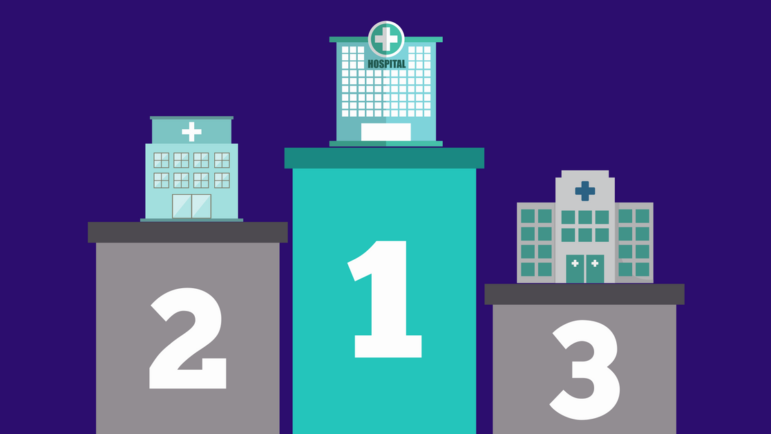The University of Virginia Medical Center, one of five hospitals in the UVA health system, is ranked as the “best” hospital in Virginia by U.S. News & World Report due to positive outcomes in certain specialties such as cancer care, gastroenterology, and pediatric care. However, this week Kaiser Health News (KHN) revealed that the “best” hospital in Virginia is among the worst when it comes to suing patients for unpaid medical bills.
Over the past six years, UVA sued patients to recoup unpaid medical bills 36,000 times, and garnished thousands of patients’ paychecks, KHN found through an investigation of court records and interviews. Many of these patients (about 100 each year) were UVA employees themselves.
In a recent research letter in JAMA, researchers at the Johns Hopkins University School of Medicine analyzed court records in Virginia for 2017 to find out how often hospitals were suing patients and found that hospitals sued patients about 20,000 times in 2017. Mary Washington Hospital in Fredericksburg sued the most patients out of any Virginia hospital, but UVA isn’t far behind. According to KHN, UVA sued patients 6,000 times each year, which amounts to 30% of all of the lawsuits in the state annually. UVA not only sued patients frequently and garnished wages, but also seized patients’ state tax refunds and filed thousands of property liens.
UVA’s aggressive debt collection efforts are compounded by their blatant price markups and restrictive charity care policy. UVA charges uninsured patients far more than the actual cost of care, including a $7,000 CT scan, $7,500 for injections to treat back pain, and $2,000 for a feeding tube. These price are double what a commercial insurer would pay for these services, according to an analysis of the medical bills.
Further, UVA is merciless when it comes to offering financial assistance to patients. To qualify for aid, individuals must earn less than $25,000 and own less than about $3,000 in assets, not counting a house. As a result, UVA sues more people than other hospitals with better charity care policies, and sues them for more than the care they received is worth. This “double whammy” is devastating to the low-income patient population in Charlottesville.
As a result of the KHN investigation, UVA health system suspended several lawsuits and announced pending changes to their billing and collections policies. Mary Washington Hospital also announced they would suspend their practice of suing patients for unpaid bills the day after NPR published a story about their practices. However, there are still many hospitals that sue patients and garnish their wages with impunity. Are there steps we could take to hold hospitals accountable for suing patients, short of investigating and reporting on every hospital in the country?
Currently, no one organization or government agency systematically keeps track of hospital lawsuits. At the very least, non-profit hospitals should be required to report this information to the Internal Revenue Service (IRS), in the same way they report other community benefits. Second, states and the IRS should strengthen its position on financial aid and create minimum requirements for hospitals to follow when crafting their financial assistance policies. Lastly, state and federal organizations should be empowered to fine hospitals or take away their non-profit status if they continue to sue low-income patients, or sue patients for more than the actual cost of medical services.
